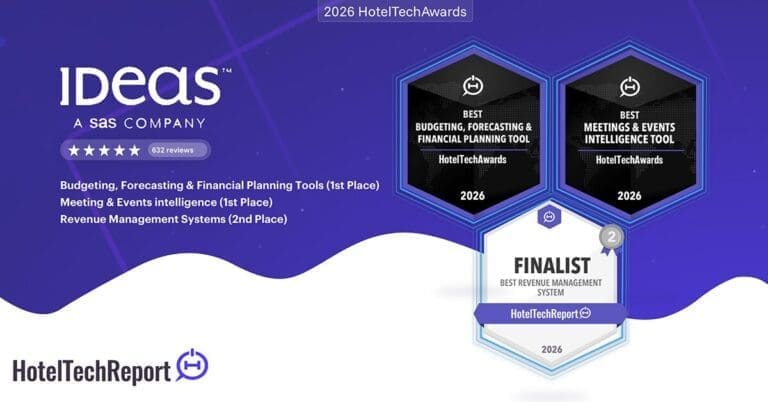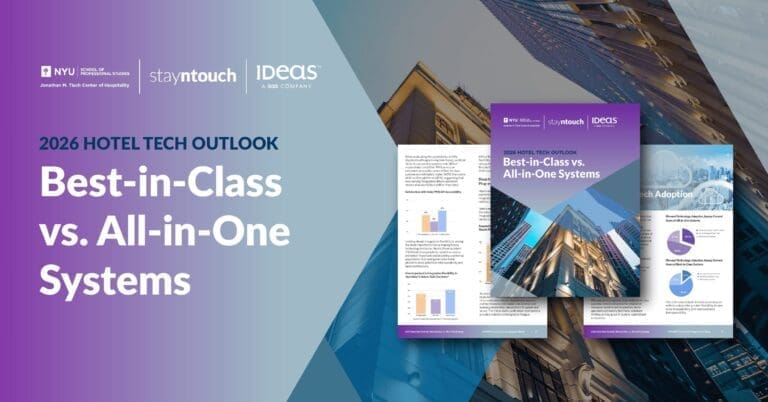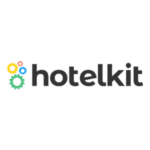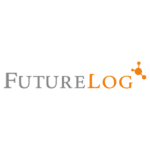
The growth in consumer review platforms and usage of social media has given hotel guests an immediate and amplified voice in the hospitality marketplace—with the potential to directly impact bottom line. In fact, it has been reported that for every point increase in a hotel’s online reputation score, bookings increase over 14 percent and average daily rate (ADR) goes up over 11 percent.
Most reputation management programs not only help hotels identify operational advancement opportunities for improving guest experiences but also increase the effectiveness of their marketing operations by leveraging their reputation performance.
Online conversations occur, whether you participate or not
With the rise in social media outlets like Instagram and Snapchat, there are more touchpoints than before for hotels to interact with and appeal to potential guests. While some hoteliers are reluctant to fully engage with the wider community on social media, this does not mean the conversation about their hotel is not going on without them. Hoteliers who monitor what is being said about their hotel online (and acting where appropriate) gain the benefits.
For example, if common feedback on social media was that the check-in process at a particular hotel was tedious, the operations team at that hotel can provide a resolution to create a better guest experience. In the same way, if a hotel is rated highly, and the majority of comments relate to the tastefully decorated rooms and comfortable beds, the marketing department will have the opportunity to build on these positive reviews. Revenue managers may also be able to consider strengthening the pricing position of their rooms irrespective of the additional competition from the sharing economy.
Studies demonstrate that any positive reputation increase will bring positive price change. Today, online rating sites and social media are important channels to collate hotel feedback and guest experience data that can help (along with ongoing competitor analysis) inform property pricing decisions.
Reputation pricing
The next era in utilizing online reputation for hotels is to take reputation management beyond operations and marketing and use it to identify profitable pricing opportunities and make smarter revenue management decisions. And today’s top automated revenue management systems allow hoteliers to evaluate opportunities to influence purchases at the point of decision-making and identify new ways to increase guest satisfaction.
Reputation pricing aligns your hotel’s rate-setting strategy with guests’ knowledge, expectations, and willingness to pay—at the point of purchase. In the age of big data and the abundance of social channels, user-generated content acts as a signaling mechanism by the better-informed party to the less-informed party to communicate the true characteristics of a product or service.
But how should hotels enact successful reputation pricing practices? And, more specifically, how can hotels set pricing strategies for demand as a function of price when demand is also a function of reputation?
The answer has to do with how online reputation impacts guests’ price elasticity: user-generated content minimizes guests’ perceived cost of uncertainty when making online purchases, and influences their price elasticity, especially as the cost of the decision increases.
The technology to integrate online reputation into pricing analytics empowers revenue managers to keep up with their guests’ technology consumption and turn them into dynamic revenue-optimizing inputs. Graphical tools that help hoteliers visualize their market position in relation to both rate and reputation will arm them with additional insights and data to measure the impact on their online reputation performance.
Utilize your reputation performance
Revenue managers worldwide must integrate the impact of guest ratings and reviews into their optimally and competitively priced offerings. In the age of data proliferation and value transparency, it is absolutely imperative hotels utilize their reputation performance to enhance their pricing capabilities to realize new revenue opportunities and drive rates. By introducing reputation management into the realm of revenue management, organizations not only promote collaboration between operations, marketing, and revenue management teams but continue to drive growth with the most guest-centric way.
For more information on how to leverage your hotel’s online reputation to improve your pricing performance, please visit: www.ideas.com


















